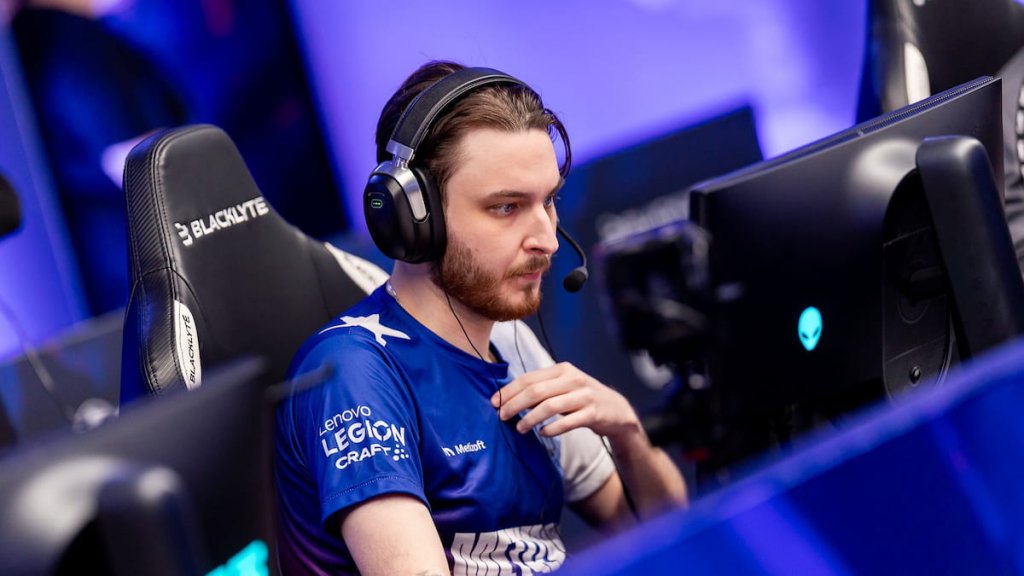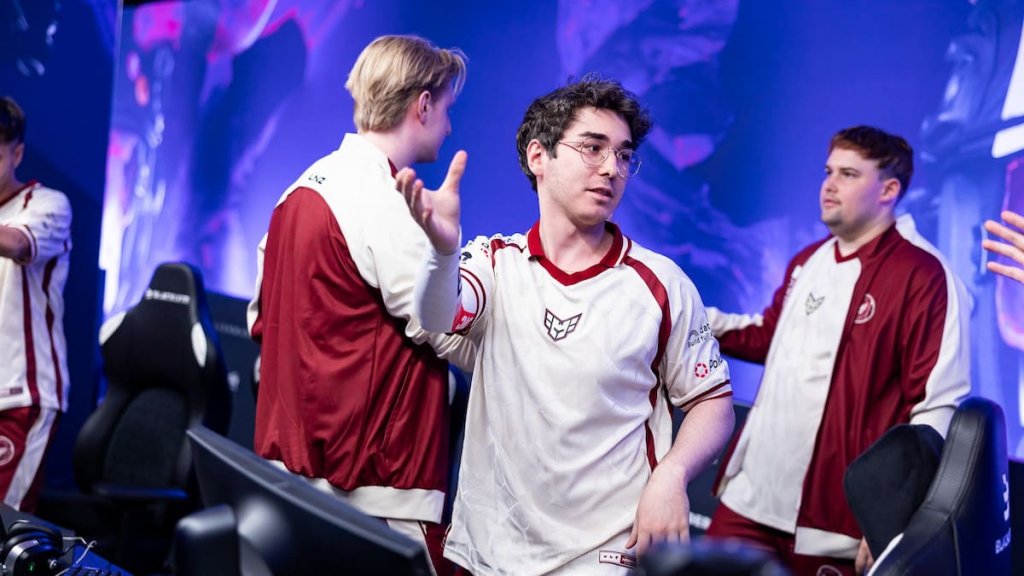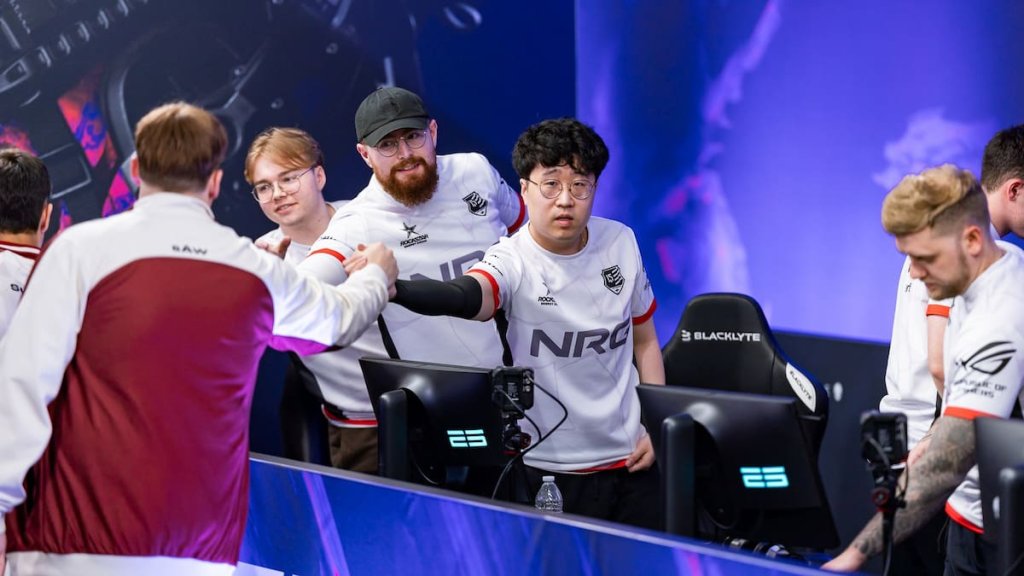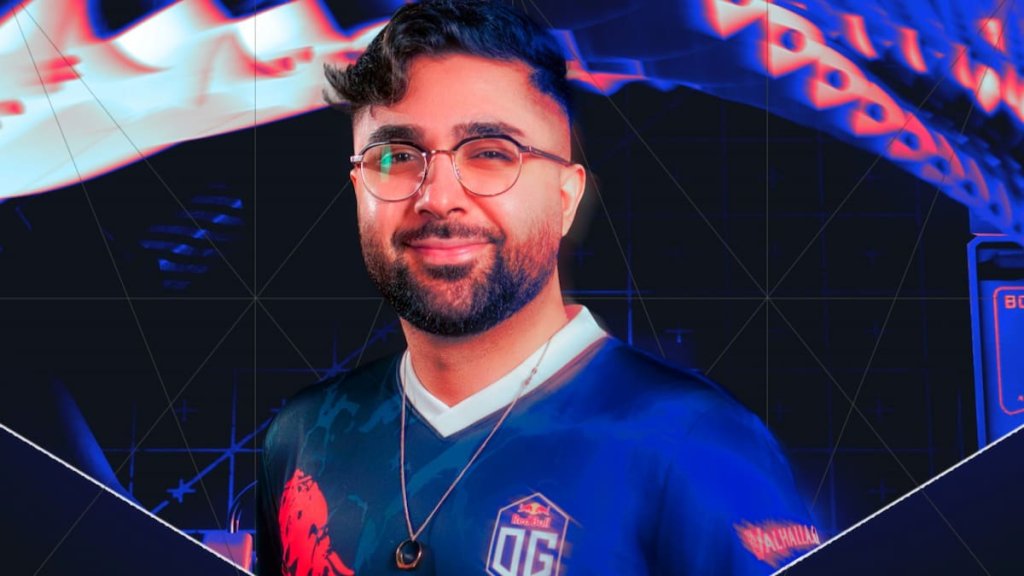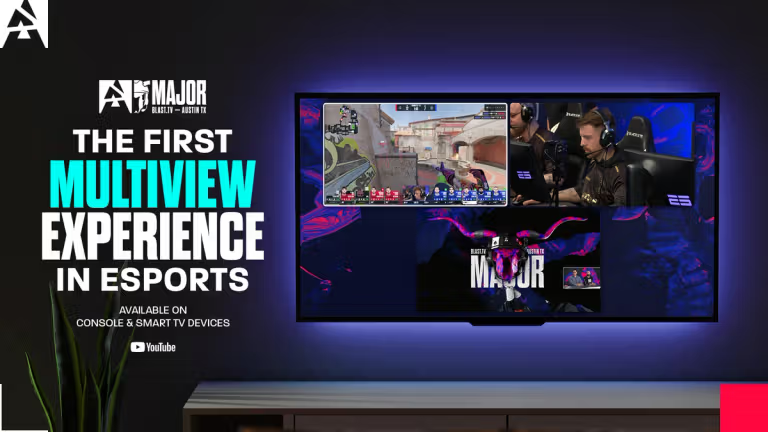
CS:GO on an industry-wide losing spree is threatening the entire scene
Increasing industry-wide problems are developing within the competitive CS:GO esports ecosystem. Tanking regional leagues, cheating scandals, fake tournaments and organizations and athletes departing the scene are plaguing the flagship competitive shooter. In a year that has seen the highest viewership numbers to date, we are also witnessing the highest amount of scandals and corruption related activities emerge.
It’s no secret to esports fans that CS:GO as a pro esports has had a rough time. On top of the struggles that all esports have faced in the middle of the pandemic, CS:GO in particular has seen a disproportionate amount of scandals, and many fans are concerned about the future of CS:GO as an esport.
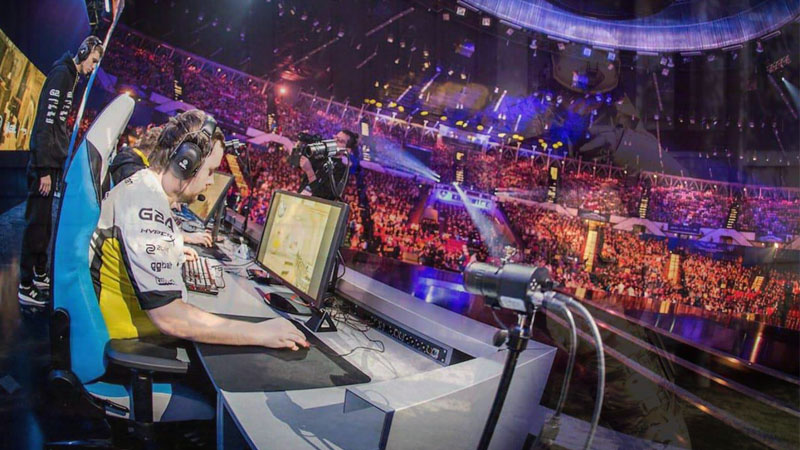
The story so far
Recently, the CS:GO world has seen several scandals and competitive scene “issues”. Most of the recent press focused on the large coach cheating scandal just a few weeks ago. No less than 37 CS:GO coaches were banned from the game for taking advantage of a bug that gave them a birds-eye view of the map, revealing enemy locations and more. The scandal was so extensive, the Esports Integrity Commission had to create a system to decide how long each affected coach would be suspended for. As a result, MechanoGun from Hard Legion got the maximum sentence of 36 months. Coaches from established organizations like mibr, Dignitas, FaZe Clan, NiP, and NaVi were among those caught.
One of the most established CS:GO outlets HLTV has landed in hot water as well. Jesper Søgaard one of the Astralis co-owners was found to be the owner of HLTV. Earlier this year Better Collective aquired hltv in a large flashy deal. As millions changed hands in the sale of the site, the obvious conflict of interest went ignored.
While owning a stake in both an esports organisation and news outlet is not the same criminal charges level of older skin gambling and match fixing schemes. It is still enough to shine light on the underlying corruption festering behind the spotlights.
Finally and most recently, fake gaming organisation NOREG was investigated and brought down by one very brave Redditor. Originally, the ‘organisation’ had a full set of social media, interacted with (presumed to be) fake players, and more. They even faked some matches between their ‘teams’ and genuine enemies, complete with laggy, fake streams on Twitch.
They claimed to be owned by Lucas Andersen, aka Bubzkji from Astralis, who quickly denied it. To go with the fake org, there was also a fake tournament. The NGaming Open Tour was a wholly fictitious LAN event set for November and supposed to award $200.000 in prize funds.
The whole thing was one of the more bizarre things to happen in the esport, and thanks to the detective work of a few people on Reddit, the scam was revealed. The Twitter account admitted to being fake, before all related content was deleted. The reason for the scam isn’t known, though the suspicion is either money laundering or just straight up scamming investor money – both are possibilities for such an elaborate fraud.
In the end, the North American CS:GO scene is on its deathbed. 100 Thieves recently pulled out of CS:GO entirely leaving NA with only four competitive CS:GO organizations: Cloud9, Evil Geniuses, Team Liquid and Chaos EC. Four premier organization do not make a scene.
What does the CS:GO future hold?
Even with this more than unfortunate series of incidents, CS:GO is one of the premier esports titles on the market. The bigger issue the game grapples with is its creator Valve. The company has not made any significant changes to the game or the competitive esports system itself. As a whole, competitive CSGO esports is largely operated and maintained by 3rd party organizers with very little to no support from Valve.
Then there are the issues in each region.
While in Europe, CS:GO remains incredibly popular and plenty of high-profile teams have pro players in their rosters, North American teams, such as 100 Thieves, have slowly been quitting the scene, leading to a rather sudden stop when the pandemic hit as well. Teams couldn’t travel, and suddenly the few NA teams had almost nobody to play against. This hurt the pro esports scene more than some fans want to admit, but isn’t a death-sentence either.
The larger problems come in Asia and Oceania as large organizations are slowly losing interest in CS:GO as a whole. It is hard to predict how the title would fare if the lockdowns and travel restrictions persist through into 2021.
[cta id=2581 type=geo]Did someone say brain-drain?
A significant impact to the esports scene as a whole is top-players who switch games, and even take fans with them. The biggest threat to CS:GO at the moment is undoubtedly Valorant, which has already attracted a number of great players from different titles, but most dominantly CS:GO .
Whether Valorant finds success and becomes a permanent fixture of the esports world remains to be seen. What is certain is that many of the CS:GO pros are being enticed to leave their game behind and move onto something new.
However, we can remember both PUBG and Fortnite struggled after making their esports debuts, so it’s not a done deal for Valorant or a death sentence to CS:GO.
The brain-drain that has players moving on to other games is a two-edged sword – while it means top players disappear from the scene, it also means that spots are opened up for new talent.
The question is: Is the new talent interested in CS:GO at all?
Read next: Are Esports Dying? A question you might find yourself asking
